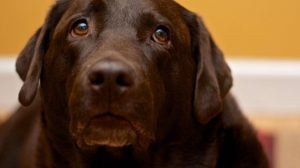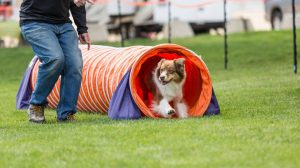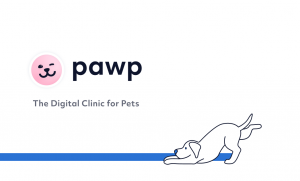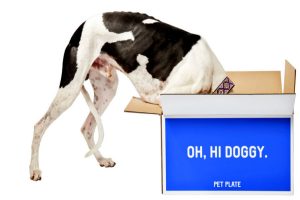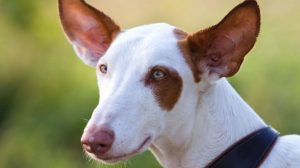Kennel cough is a very contagious canine disease – the sooner you can identify the symptoms and isolate your dog from others, the better. Read more about the signs of infection here.
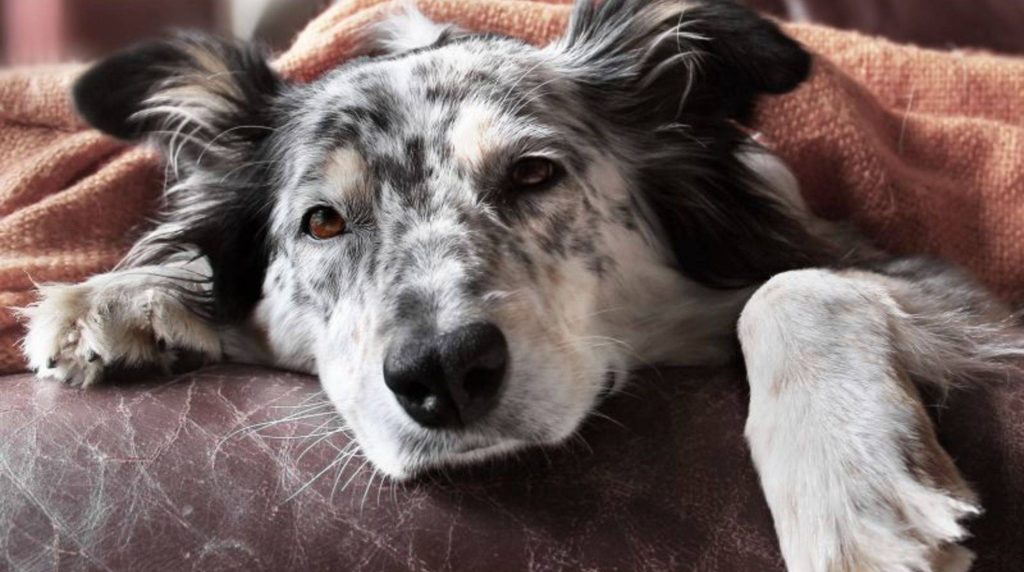
When a dog has contracted kennel cough, it usually takes a while before the symptoms first appear. This can be up to four weeks – but in some four-legged friends, the signals of the infection can also be seen much earlier.
How to recognize kennel cough
As the canine disease’s name suggests, a cough is one of the most obvious symptoms of an infestation. This is dry, strong, and stubborn and can occur in attacks in various situations. If bacteria cause the kennel cough infection in dogs, the cough can also be wet instead of dry. Then rattling breathing noises can also be heard, and sneezing and eye discharge can occur.
In general, it is noticeable that the four-legged friend starts to cough when some pressure is exerted on his windpipe, for example, by slightly pulling on the collar while walking. However, the urge to cough can also occur under stress and just out of the blue. Especially at night, the dog often begins to cough and does not rest. In addition, you may be able to observe some accompanying symptoms in your sick dog.
Possible concomitant symptoms of the disease
The symptoms of kennel cough are not always completely clear. Dogs with kennel cough usually appear completely normal – apart from the coughing. They eat, play and often don’t look beaten up. However, the cough may worsen at night or when drinking water, and a runny nose or fever may worsen the course of the disease.
Eye discharge, sneezing and tonsillitis are also possible. Some dogs may drink significantly less because it makes the cough worse – there is a risk of dehydration.
All symptoms of kennel cough in dogs at a glance:
• Dry cough (persistent, severe and often paroxysmal)
• Wet cough, when bacteria cause kennel cough
• Cough mainly at night and when there is pressure on the trachea (e.g. when walking on a leash)
• Eye discharge
• Sniffles and sneezes
• Fever
• Decreased drinking
If you suspect an infection, you should always consult a veterinarian. Your dog should be treated as soon as possible if it is ill. In addition, your pet should be isolated from other four-legged friends as much as possible so that they are not exposed to the high risk of infection.



